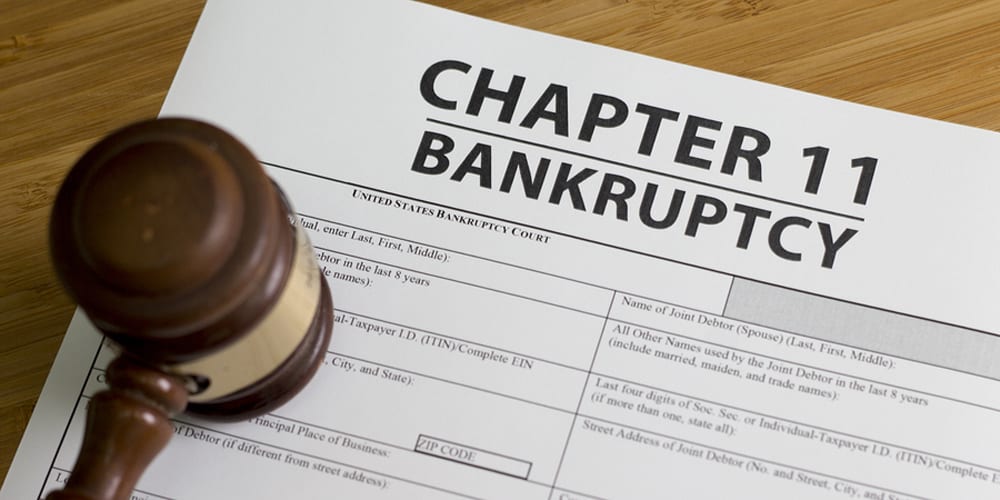Bankruptcy Attorney: A Critical Guide to Legal Advocacy in Financial Distress
Financial distress is an unfortunate reality for many individuals and businesses. When debts become overwhelming, and financial stability seems unattainable, bankruptcy may offer a legal solution. However, navigating the intricacies of bankruptcy law can be daunting without proper legal counsel. A bankruptcy attorney provides crucial assistance in such cases, acting as a legal advocate for individuals or businesses overwhelmed by debt.

This article delves into the vital role of a bankruptcy attorney, types of bankruptcy, the stages involved in filing for bankruptcy, and the key factors to consider when hiring legal representation.
The Role of a Bankruptcy Attorney
A bankruptcy attorney specializes in the legal processes surrounding financial insolvency. Their expertise is invaluable, whether you’re an individual facing personal bankruptcy or a business owner struggling to keep operations afloat. Bankruptcy lawyers provide legal advice, represent clients in court, and ensure the best possible outcomes under complex financial laws.



